Esta publicación también está disponible en: Español 

People with Chronic Kidney Disease know that they will spend most of their lives tied to a bag of serum or a dialysis machine. In rare exceptions, someone donates them a kidney. This is the story of more than 20 Guanacastecan farmers and their families. All of them, victims of their long hours of work under the sun.
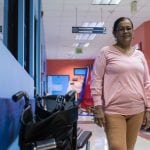
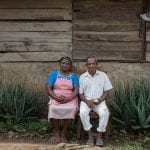

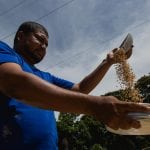
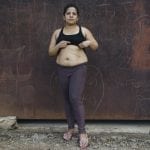
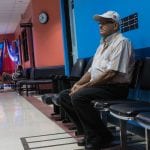
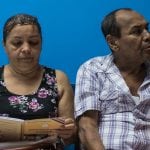
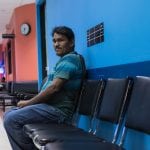
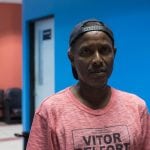
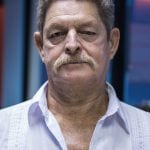
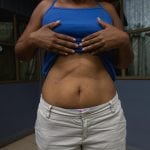
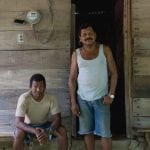
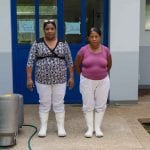
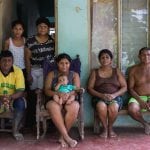
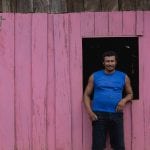
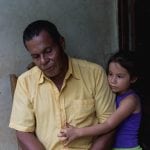
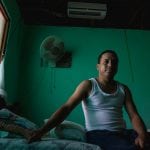
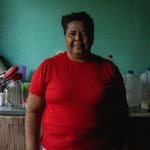
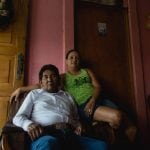
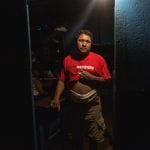
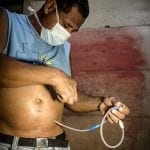
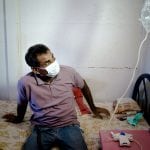
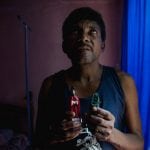
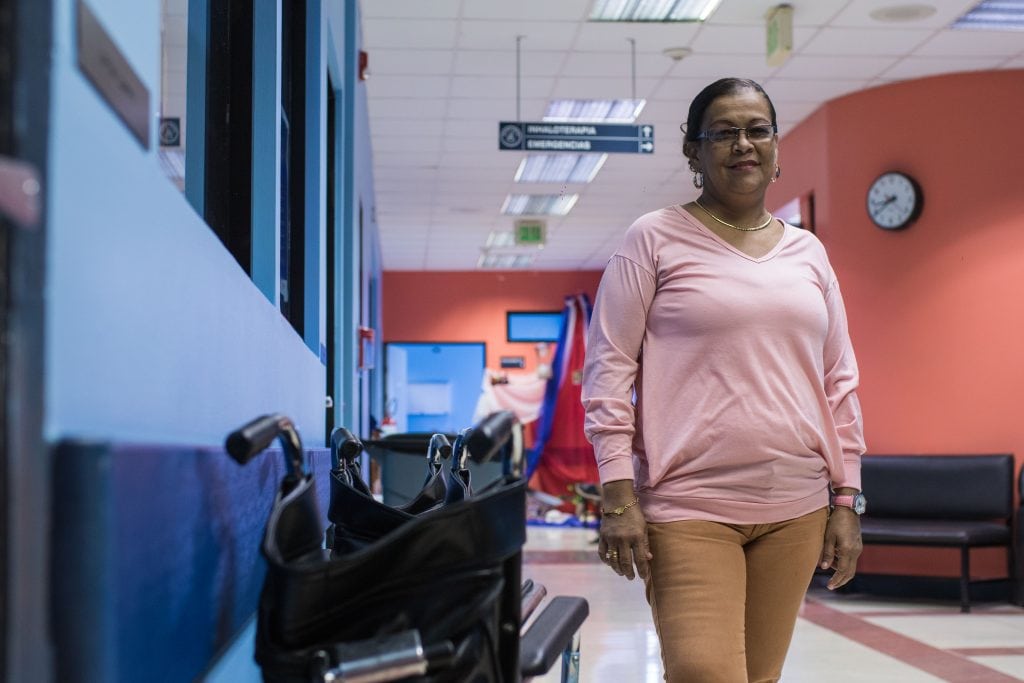
I worked in the fields with my dad. The majority of my family had kidney disease. My daughter is the one who is going to donate her kidney, probably in February next year because we still need to have some psychologist and nephrology appointments. - Meleanis Rodríguez Rodríguez, kidney patient.
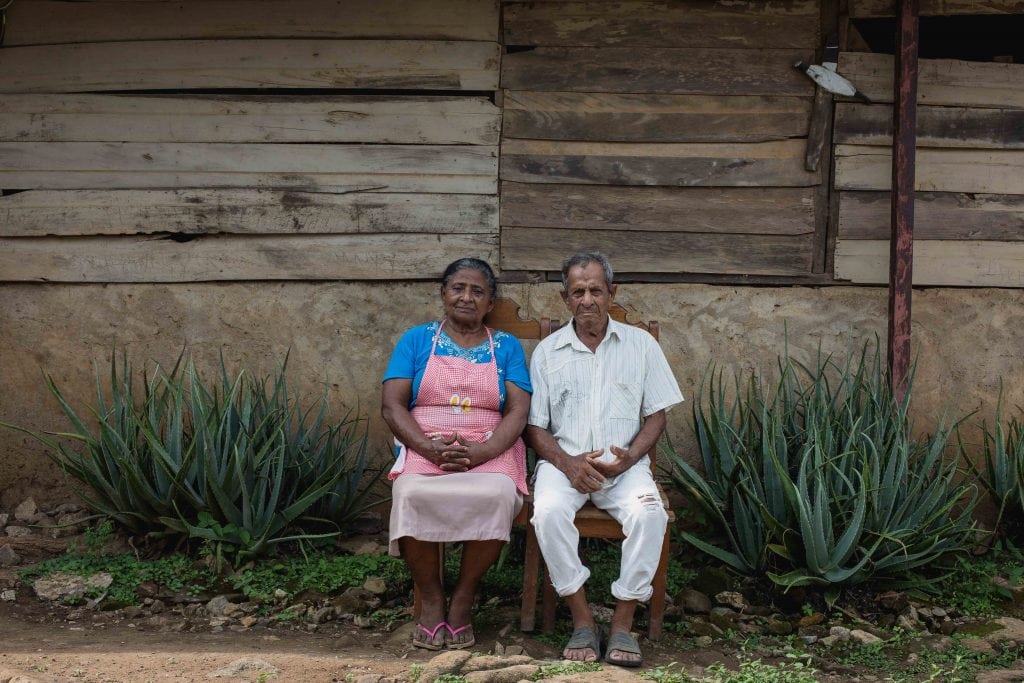
Francisco Campos Carmona: They told me (the doctors) that I had small kidneys and that I should drink a lot of liquid. And then, that I had one damaged. ⠀
⠀
María de la Cruz Quirós: He has been treated for more than 20 years. He is a little careless, he left medicines for a season. And now he had to take them again.⠀
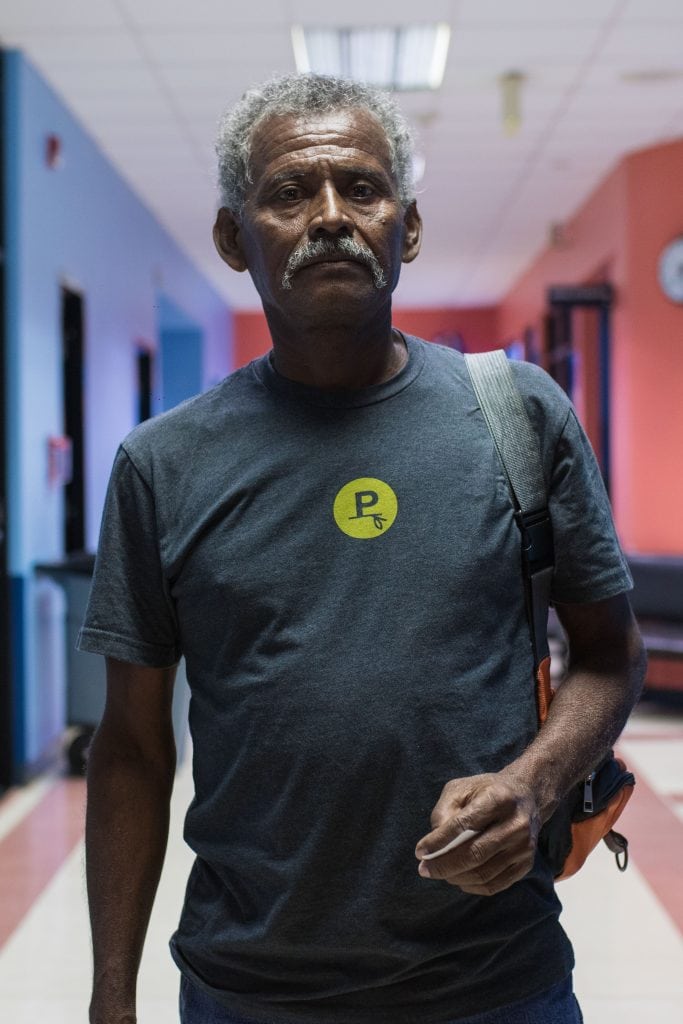
I worked in the banana fields in Limon and also cutting cane in Guanacaste. I’ve been at home for about five months and I feel well. I walk around the whole house. I haven’t had any complications since they sent me home. The put me on a diet because I was getting fat. Since I was no longer burning calories you accumulating fat. - José Santiago Palacios Reyes, kidney patient.
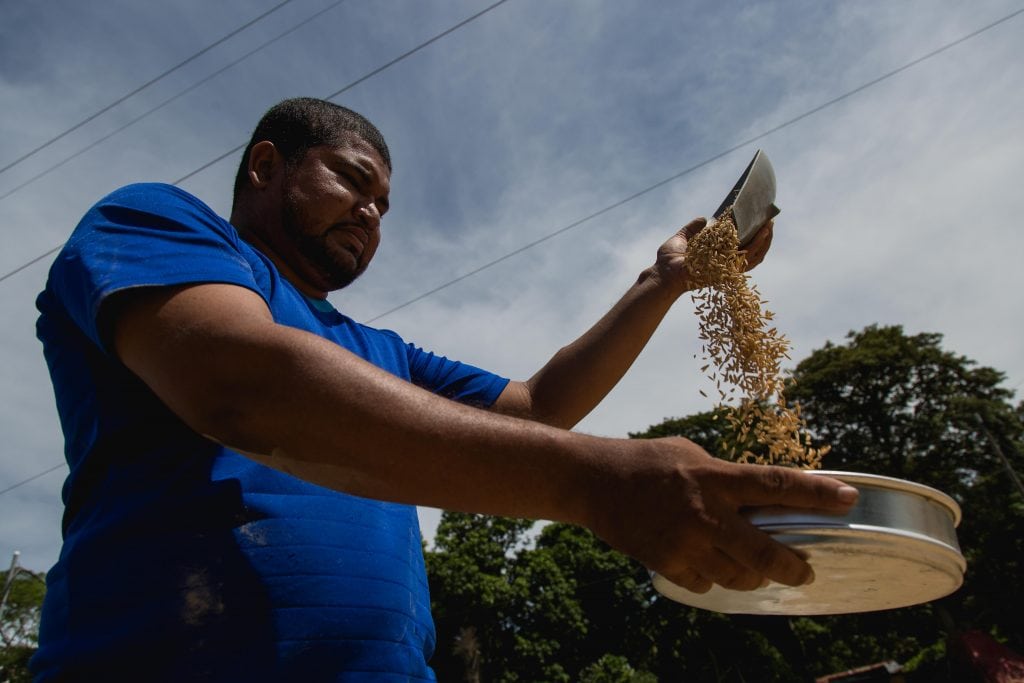
When they told me about the disease, I laughed and the doctor got after me. I told him, I will take care of him. Then a doctor came and told me that it could be hereditary. My grandfather died because of it and I have an aunt who died because of kidney failure. My aunt lived in Cañas and my grandfather in Upala. But they didn’t say anything to me. They think it could have been the sugarcane because back then you would show up, put a pump and everything on your back and it would drip. It’s a product that has fertilizer and a very hot liquid. You feel like your back is burning. That was on our plot of land. Working here (milling rice instead of working on his mom’s land) is the same or harder than in the fields. Because here you have to show up, put the rice in and put your shoulder into it. When I used to work watering rice or spraying, there were weeks that I did 50,000 or 60,000. Not here. Here it’s per hector (of rice) milled. There are fortnights when I grab 14, 15, 30 (in thousands of colons). It varies. It depends on how much you mill. - Carlos Boliche, kidney patient.
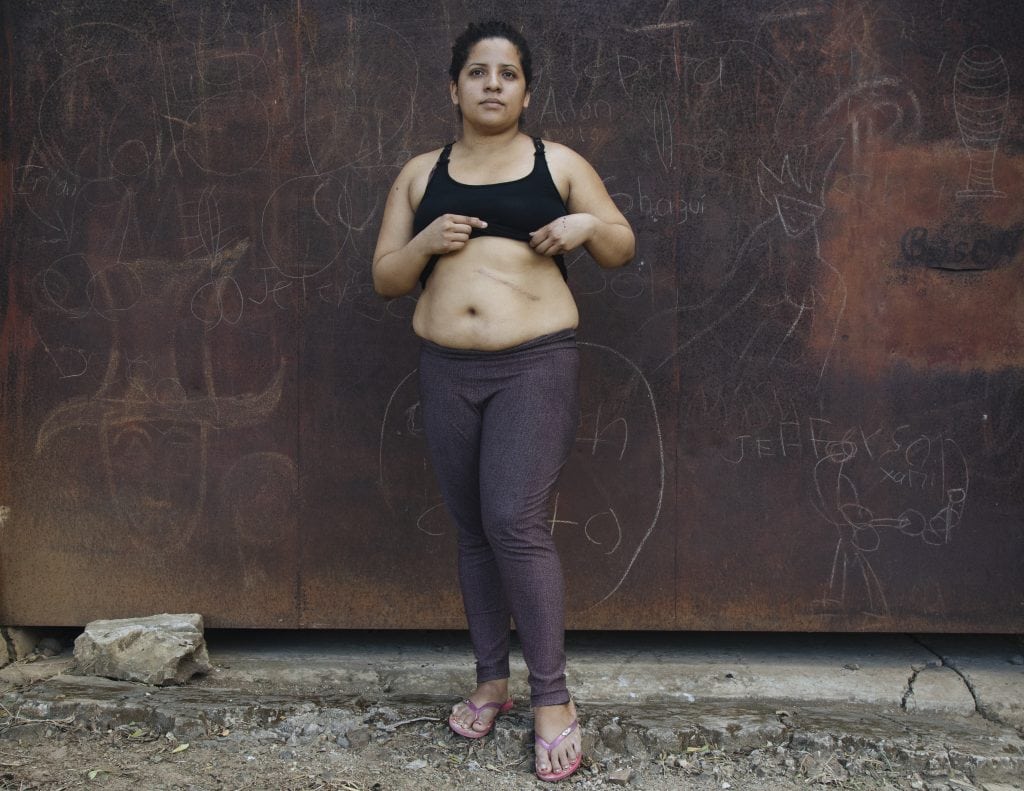
It’s hard to find a donor. On July 29, 2016 it was a year since surgery. The recovery has been very painful and you have to take good care of yourself for three months. You always have control. You keep going about your normal life, but since they removed the left kidney, the told me that getting pregnant is much harder now. Everyone who I know here has had tests. Everyone feels something strange. - Stephanie Buitrago, kidney patient.
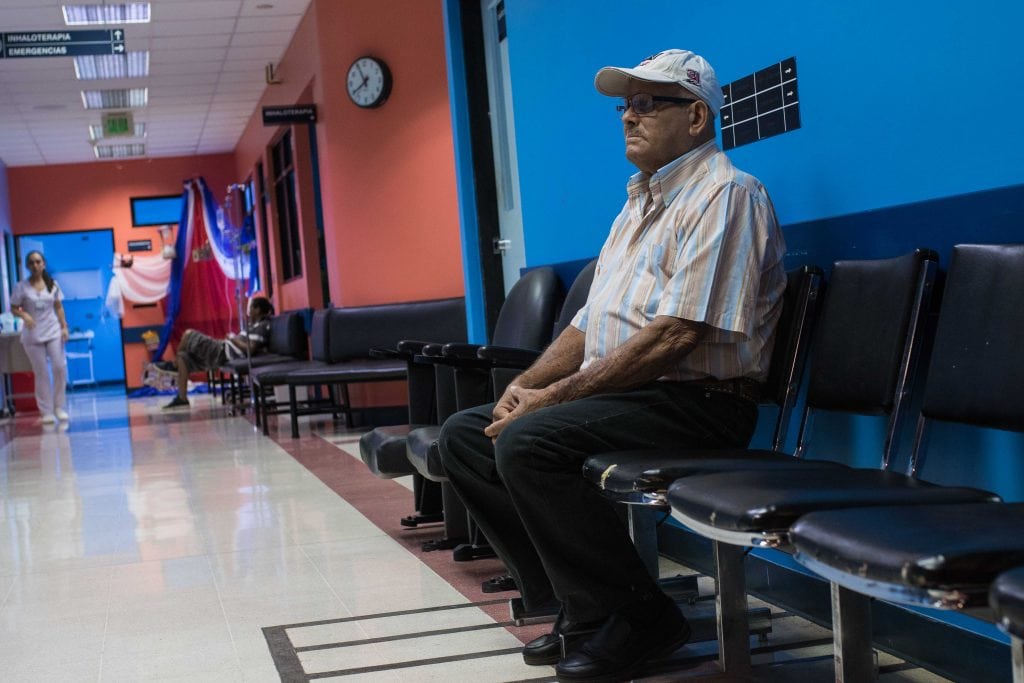
I got really ill in December 2016 and they brought me here. The doctor told me that dialysis was the only thing they could do. They took me from here to Liberia and in Liberia they did the whole process. It’s inexplicable because where I always worked in Bijagua it’s cool and breezy and I was there all the time. It’s also cool where I live now in Rio Naranjo. - Pablo Chaverri Villalobos, kidney patient.
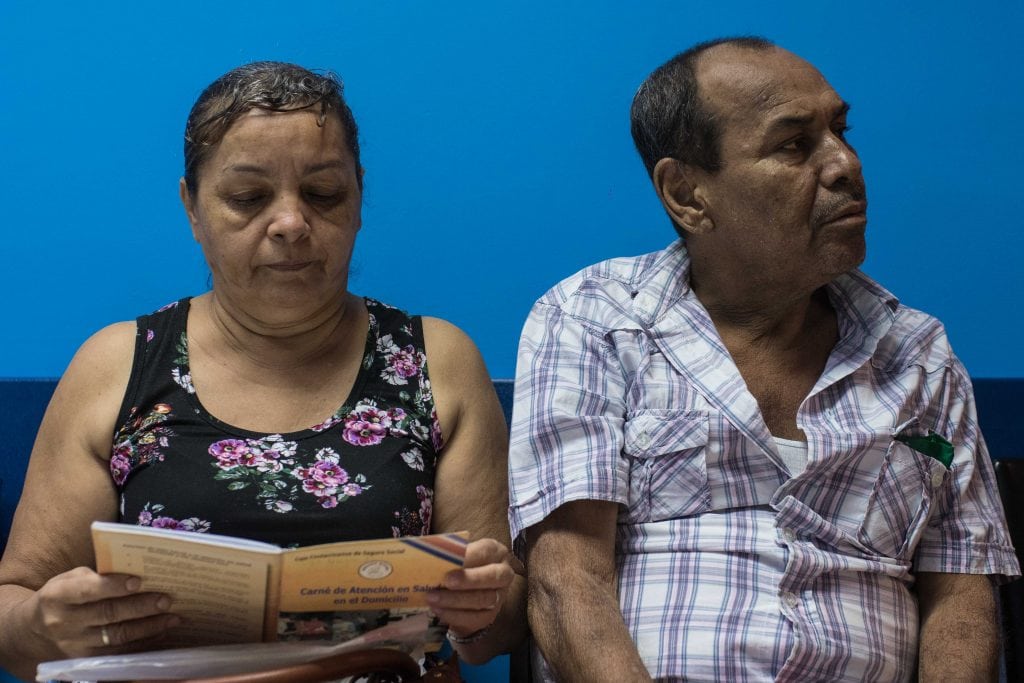
The financial situation is difficult and they need a lot of things, like transportation. He is embarrassed on the bus because he has a cough and everyone looks at him and he feels bad. It’s very difficult and tiring for them. There are days when he doesn’t want to do dialysis. He’s tired and I tell him that he has to do it. It’s the way to live. - Ángel Manuel Acevedo y Miriam Alvarado Ordóñez, kidney patient.
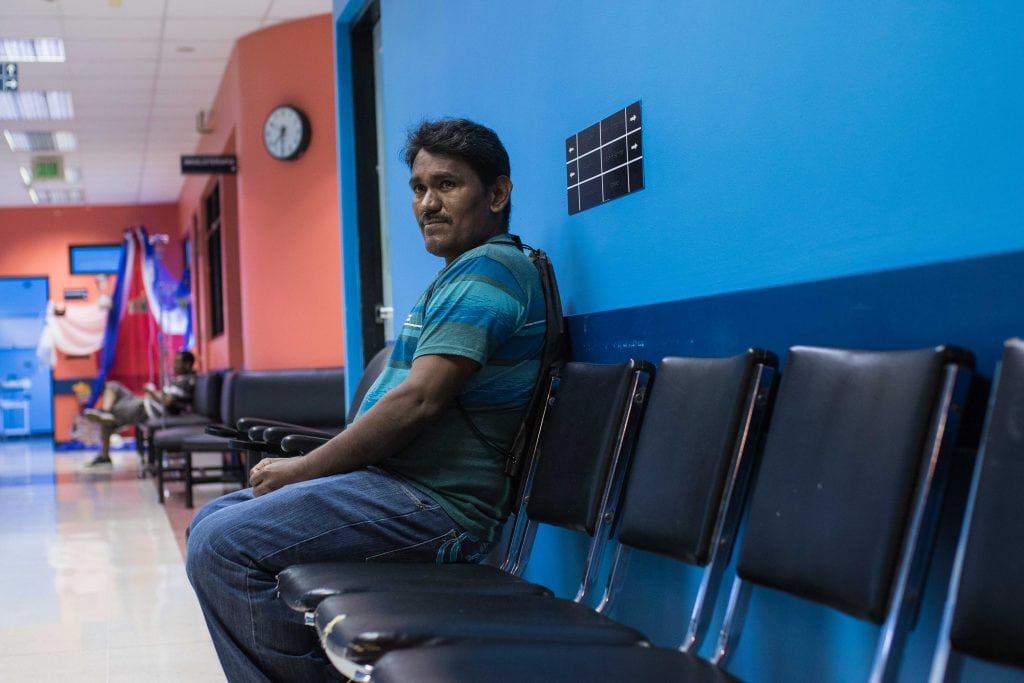
I cried the day they told me that I couldn’t work anymore. The truth is, it hurt. When they told me that my world came crashing down. But, thank God, I’m getting back on my feet. I made friends. At the beginning you think this is only happening to you and you lock yourself inside and when I got here (to the clinic in Cañas) there were eight other people and we all got along well, so we practically forgot about what was happening. We see it as something normal. I have a family member that wants to help me out with a transplant, but I told the doctor that it’d be better if I wait for a cadaverous transplant because I don’t want subject the family to tests that you have to pass. I told them to not worry about it. Right now I thank God that I’m alone, I don’t have a wife or kids that have to go through this too. - Henry Guzmán Brenes, kidney patient.
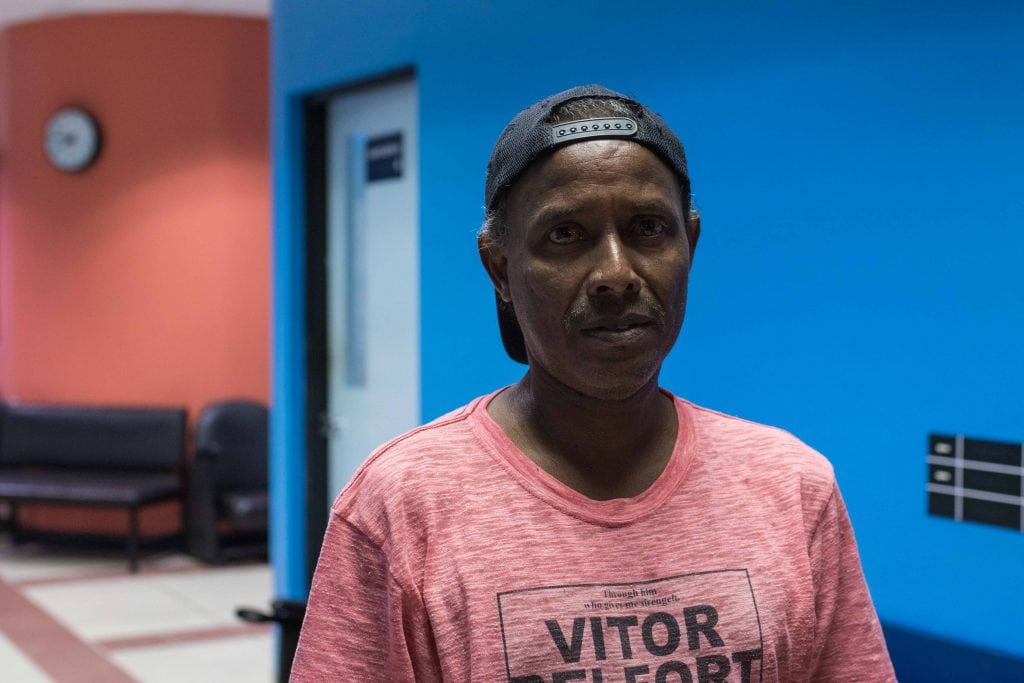
They diagnosed me two and a half years after I started working for the livestock chamber. The doctor told me that the disease started because of exposure to the sun and the water was polluted with arsenic. There are young boys who have never worked under the sun and they have the same disease. After I got sick, my family has been with me. My wife died eight years ago from emphysema so I had to rent out the house that I had and come live with my parents. - Walter Gómez Salazar, kidney patient.
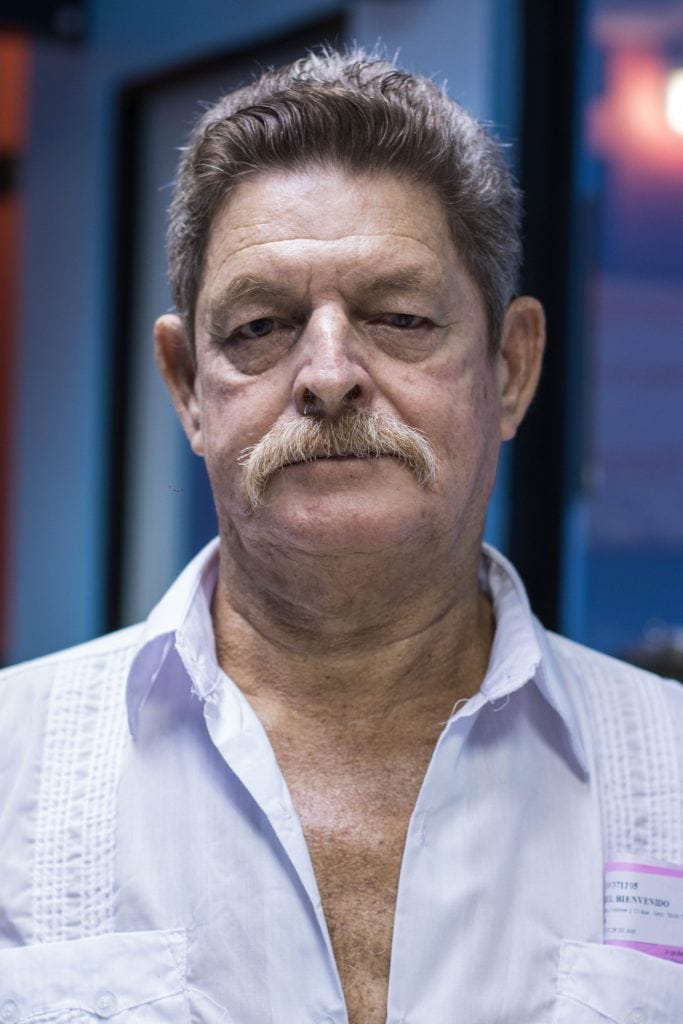
I didn't pay much attention to what the doctor told me. I didn't follow the diet and I worked for three years after the diagnosis. Now I advise others to take care of themselves because this isn't a game. I lost seven friends. Doctor Montero scolded me because everything is ready for my transplant but I don't want to take the liver out of one of my daughters. I did what I had to do and they haven't even started working. - Uriel López Monge, kidney patient.
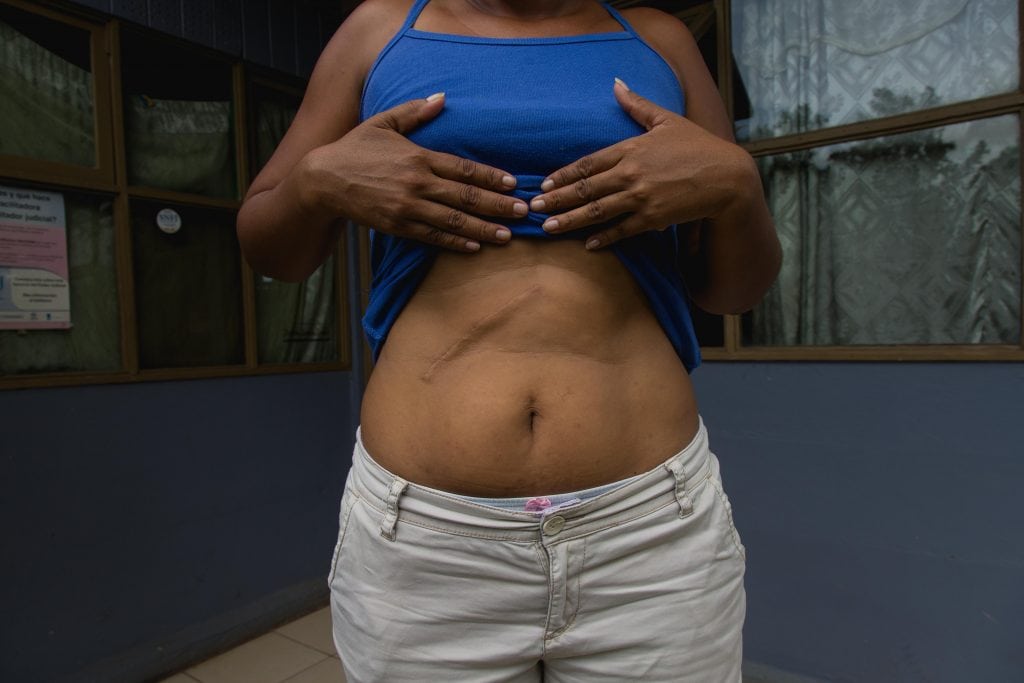
They operated on us on September 21, 2011. Back then my dad was suffering a lot because I couldn’t donate because I had hypertension. I told her that if there was no problem that I could donate a kindey because she was suffering so much. That’s why I made the decision. My brother went directly into hemodialysis and he had to travel Tuesday, Thursday and Saturday because at the beginning he would lose a lot of liquid and other nutrients, so he would leave disoriented and we had to accompany him because he would get dizzy sometimes. I had a two-year-old son. My other brothers, the oldest, couldn’t because he was a different blood type and he was exposed to chemicals. The one who hadn’t been in contact with chemicals was me. We had other sisters but they were underage. - Marisela Boliche, kidney donor.
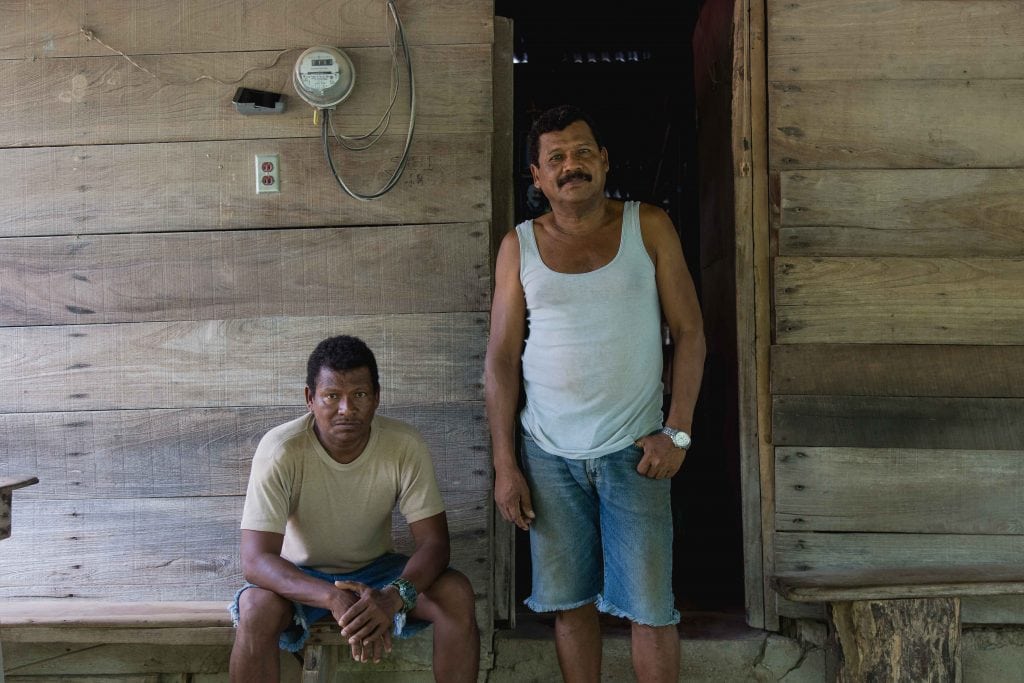
I have to take pills. That’s my whole life, taking pills. And waking up early. I get up at three in the morning every other day and I don’t get back here until night. When I go for treatment on the machine I feel better. I go Saturday then I get through Saturday, Sunday and Monday in the afternoon I start to feel tired and I lack air. Tuesday I’m back there for dialysis and I feel like new again, but I practically can’t do anything. I come here to walk around just to do something. - Pedro Alvarado Quirós, kidney patient.
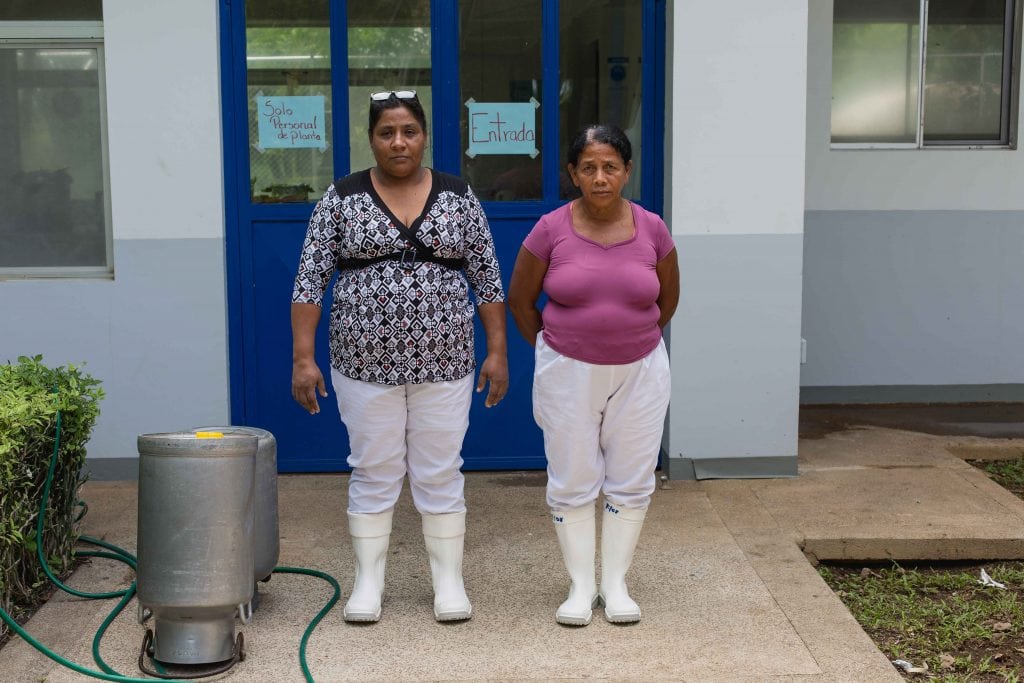
Flor: “It seems like it’s something in the water because sometimes it comes out soapy, but they have tested it and they say that it’s fine. When they can, they look for night jobs because they can’t be out in the sun, but you get tired of being in the house.” Martina: “we are taking a course on cheese, yogurt and dairy products. The professor tells us, ‘I hope you don’t leave here and do nothing and that you take advantage of this and open a business.’ But even though we know how to make the products, we don’t have the raw material. What are we supposed to make it with? Her husband is my brother and his kidneys are bad. My husband too. We have pushed for pension money but we haven’t gotten it yet.” - Martina Campos Quirós y Flor María Cortés Martínez, relatives.
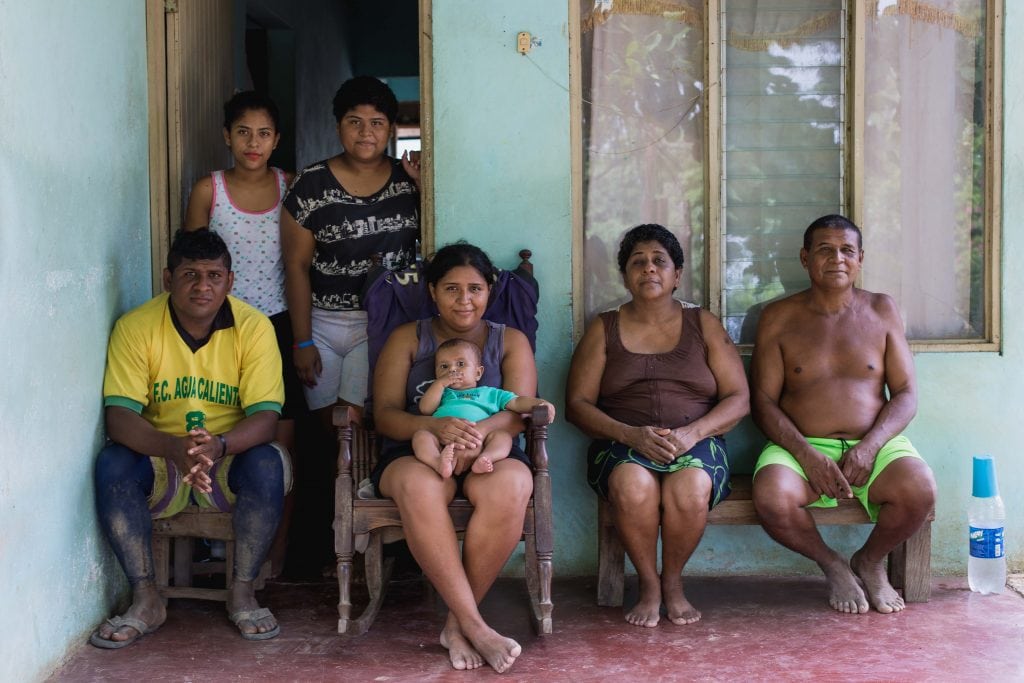
We live off of a single pension and that affects them. My illness still hasn’t affected them much. The pain is financial. I always try and drink enough water. I worked under the sun all day from six in the morning until five in the afternoon. I worked watering rice. Since there is a lot of rice here it’s what people do. You water the terraces. That’s what I did all day and that’s what most people here do. That’s why we all have the same disease. They tell you that it’s the water, but you think to yourself, ‘if it were the water, we’d all be sick.’ And women don’t have it as much. Women have it, there are cases, but it’s not like in the men. - Evaristo Morales Salazar, kidney patient..
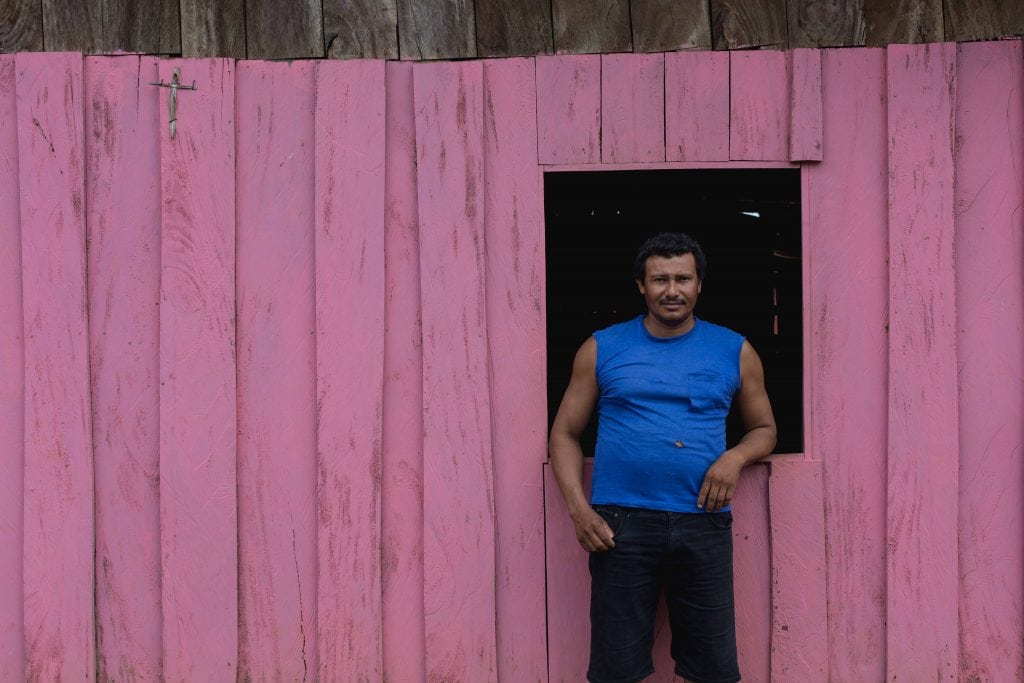
I realized it when I was working and I would arrive home and in the afternoon I would get feverish. I kept working that way and after that I went to the insurance company and they told me that I had the disease. That was about 10 years ago. Now I take a treatment, pills and creatinine. I’m still working in the rice and sugar fields. I go at six in the morning until 10, but the boss pays me for eight hours and the insurance and everything. He’s a good boss. They give me the treatment. The told me that it surely comes from the water and the sun. They told me not to get too much sun. I have the last name of my dad’s wife. García is from my stepmother. My birth mom is sick in Nicaragua. She used to work in landscaping, along the channels, rice fields, he worked in the hills of Rancho Horizonte. We worked from 5am to 5pm there. I worked there several years, Mojica too in Taboga in Guanacaste. I had a friend here and he told me that he was going to come and that he had a job for me. I have three children. All three are studying. One of them is in kindergarten, another one is in grade school and the third is in high school. - Israel Lazo, kidney patient.
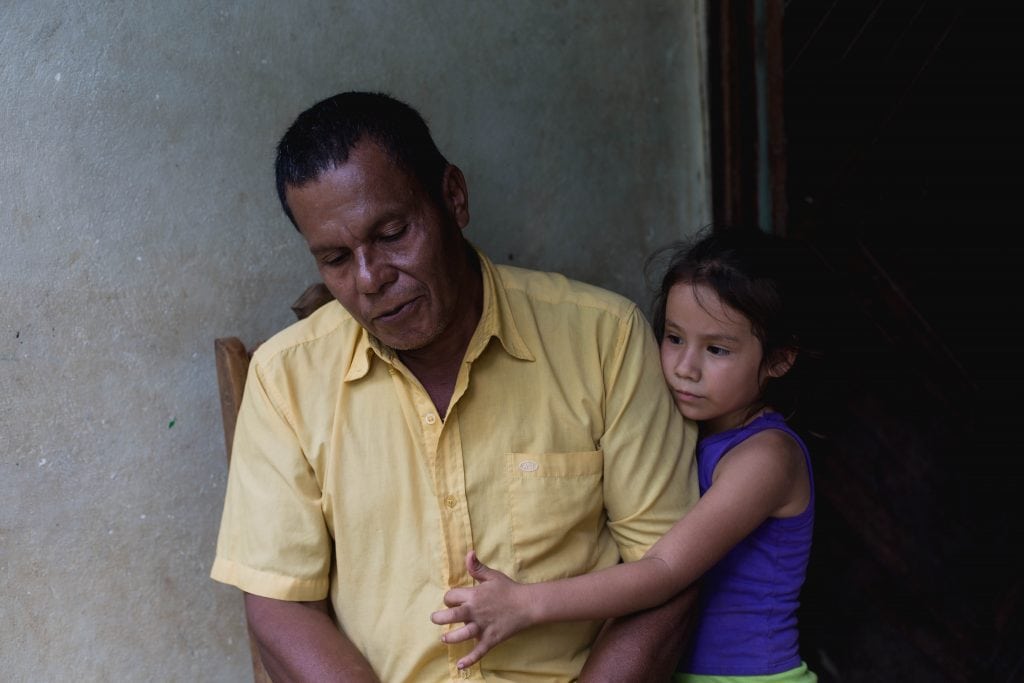
I was alone that day. I arrived and I started to work the water. Around 8am in the morning I felt a pain as though everything was cramping up on me. I said, what’s happening? And I thought, I’m going to rest here and maybe someone will come. I lied down beneath some cane plants and no one came. It was one o’clock and I was there. I thought to myself, ‘I feel stiff.’ I pulled myself up as best I could and got on the motorcycle and turned it on. I had my legs wide open because I couldn’t close them because of the cramps. I got home and this one (his wife) called an ambulance. - Dimas López Carrillo, kidney patient.
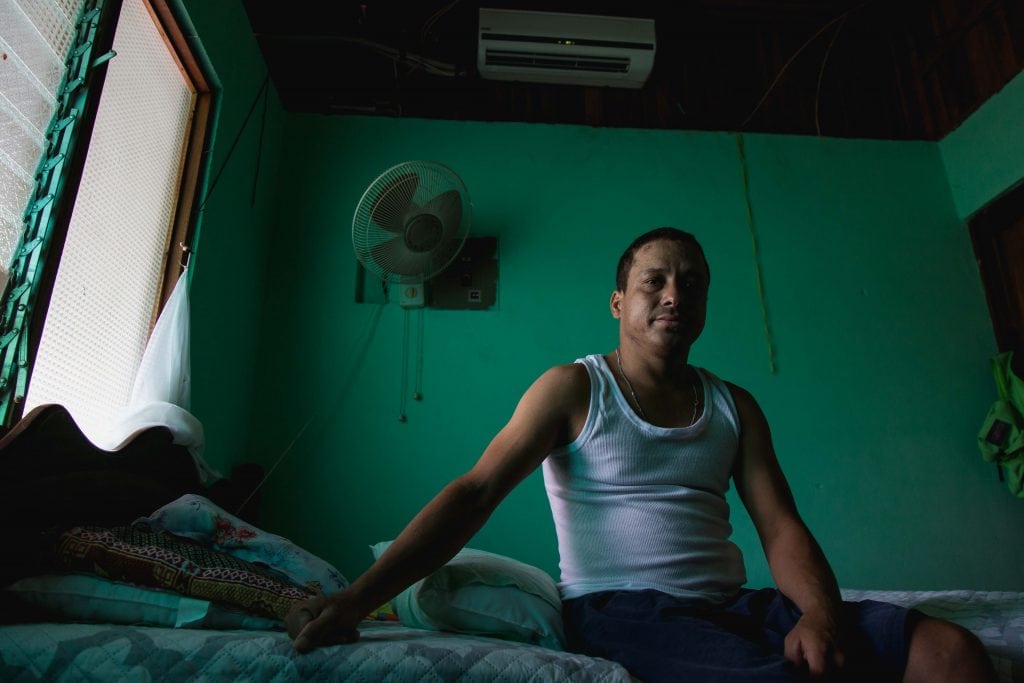
I got the shivers and it felt like tachycardia. I lied down in the bed and my whole body was trembling. It’s a good thing the room was ready for dialysis because my dad also had kidney failure and we had been preparing the room little by little for dialysis for him. But now I have to use it. The doctor said that I have to use it because I’m the most urgent case. - Diego Quirós Martínez, kidney patient.
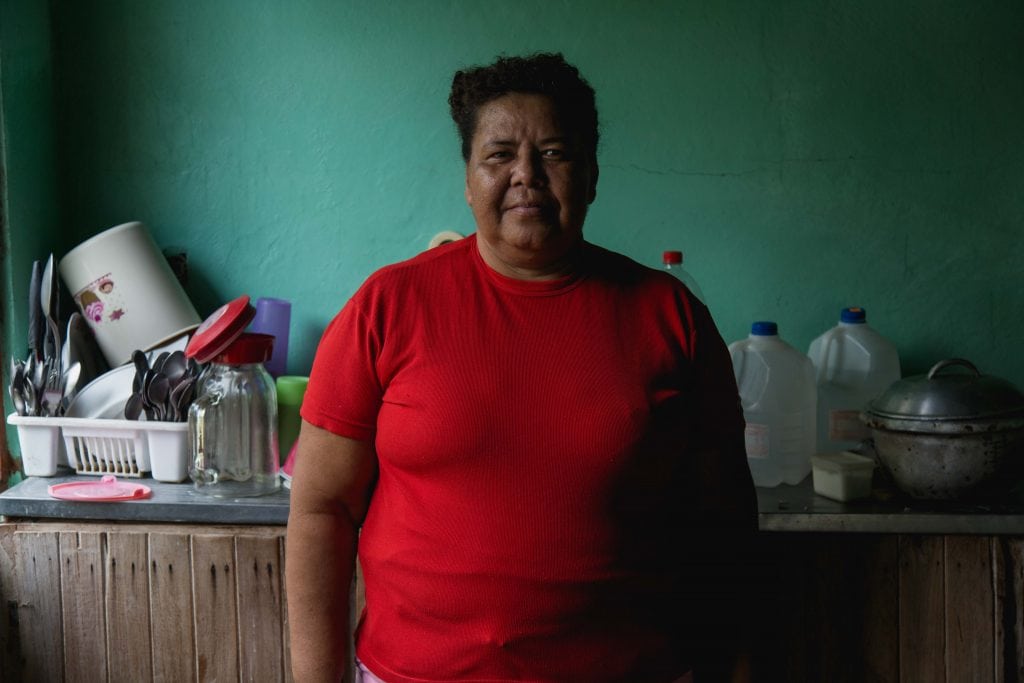
Diego, my son, got worse on Wednesday at six o’clock in the afternoon. His sister had taken him to the clinic and that’s where the explosion was. He had creatinine at 27. They did tests and they left him waiting. The doctor said that everything indicated that he was very, very bad. We went to the appointment, arrived home and that’s where he got worse. He was no longer urinating and he vomited up everything. So at nine in the morning the following day, they opened the first hole in him. It was an emergency. Here, his father Jose Sabalo was in process. They were going to give him dialysis in October. I was giving him natural medicine that helped stabilize him. I was happy because it was nine fewer months with the catheter in (when dialysis is done for the first time, there is no turning back). Then it was my turn. I also have been under treatment for the past seven years. - Celia María Martínez Ordóñez, kidney patient.
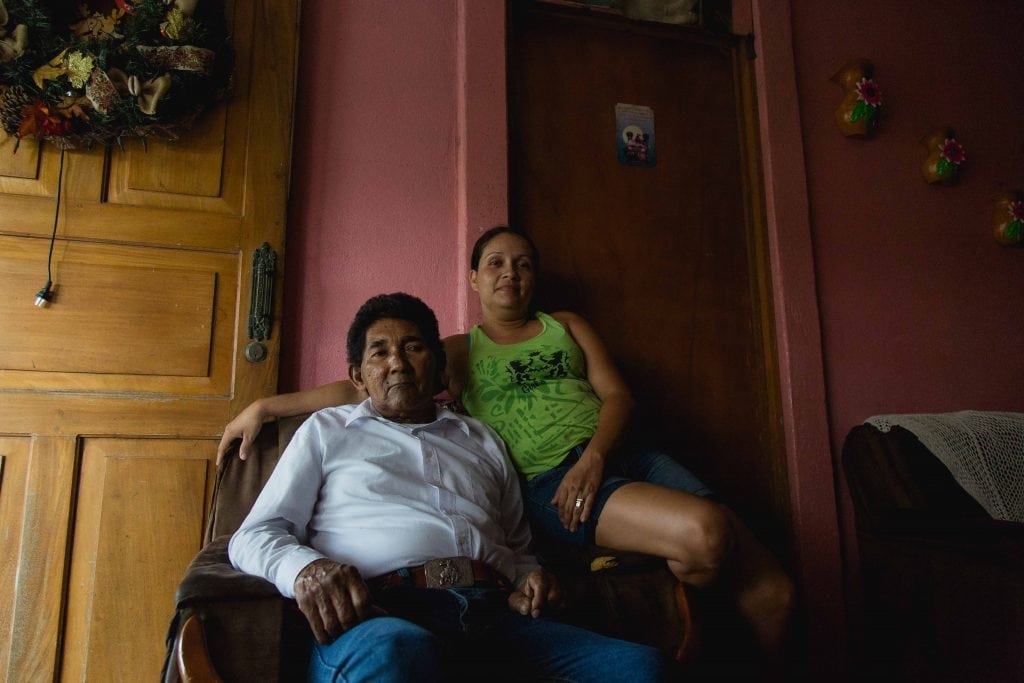
I was working for a while and now I can’t. I was studying and I can’t do that either. You can study at night, but I don’t have the means to. I used to pay for it on my own, but I’ve had to leave it aside because I’m the only one helping him with dialysis. The doctor told us when we took him to the clinic that since he doesn’t have a wife or children and I was the one with him, she told me that if I didn’t take care of his dialysis that he could die. So I had to decide, and since I’m the only family member. He has always lived with us and with the siblings. We see him as a father. - Melissa Molina, relative.
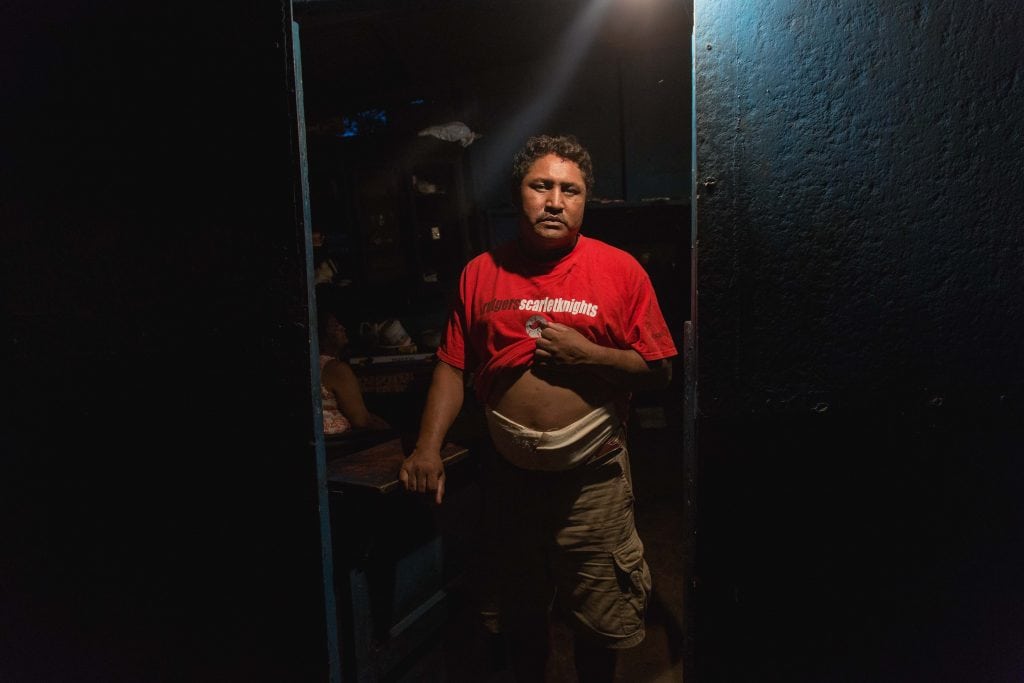
"Hace doce años empezaron los problemas, me sentía como algo enfermo. Me fui a la consulta y me pusieron en control y tomé pastillas por varios años hasta que ahí ya se fue trepando la creatinina hasta el punto que ya no podía más, tenía que ponerme catéter para la diálisis. Trabajaba en Taboga. Eso funciona por metro. Uno corta los metros que pueda cortar, pues, y eso le pagan. Ahí el que hace más gana más, el que hace menos paga menos. Sí me pagaban seguro, si no no estuviera con diálisis porque el que no tiene seguro no le hacen nada. Yo ahora, diay, ya caí enfermo, me pusieron catéter, con la diálisis. Uno ya medio hace esfuerzo y ya se cansa, ya no es lo mismo".- Ángel Enrique Martínez, paciente renal.
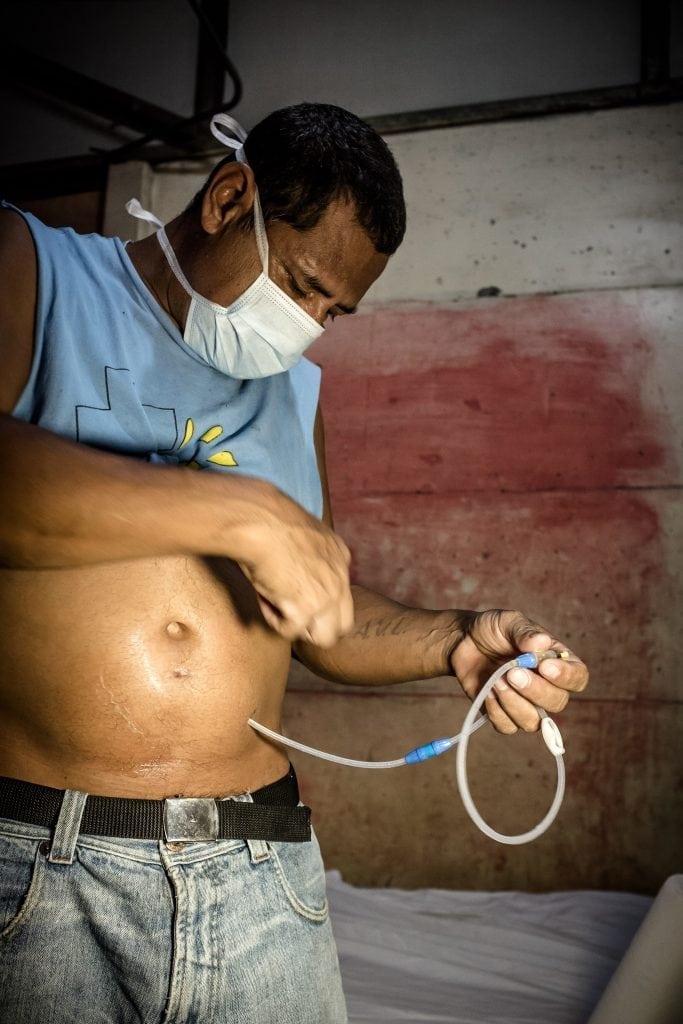
David Villalobos undergoes peritoneal dialysis at home every six hours.
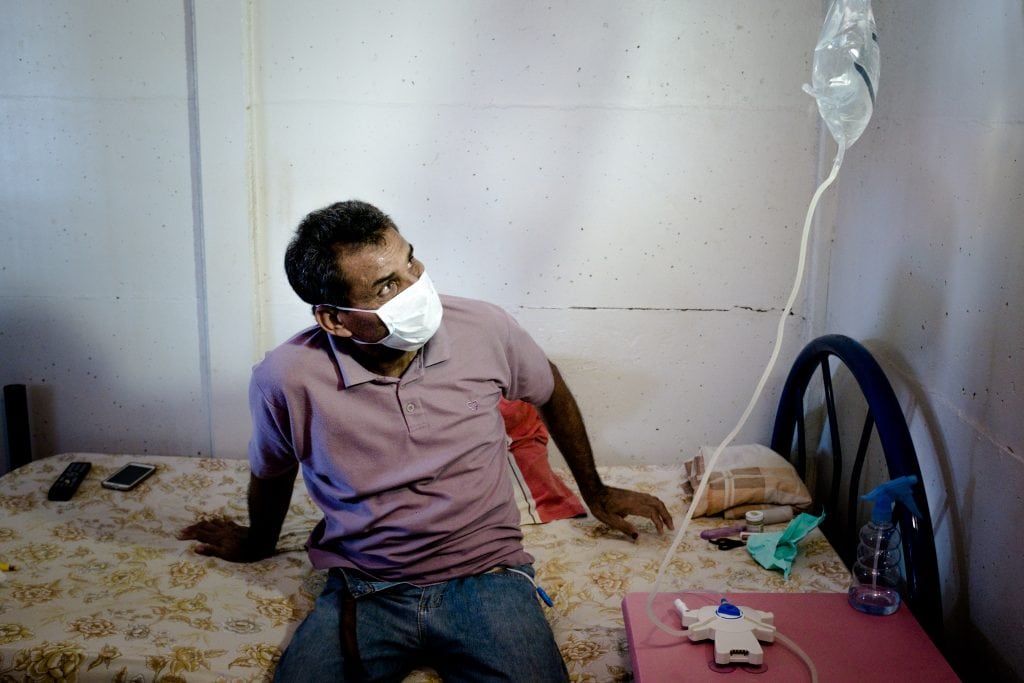
I didn't have symptoms, but at work they came and did tests and then tehy fired me. I suspect that it was because of this, so I paid for the tests and I realized that I had the disease. I would get dizzy and feel like vomiting and I was tired all the time. Before they fired me I worked for about a year and a half at Hacienda La Pacific. Since it's a job in the mountains we had to take our own water. It was nice working in the fields. They gave me a small pension because of my disease. - William Antonio Díaz, kidney patient.
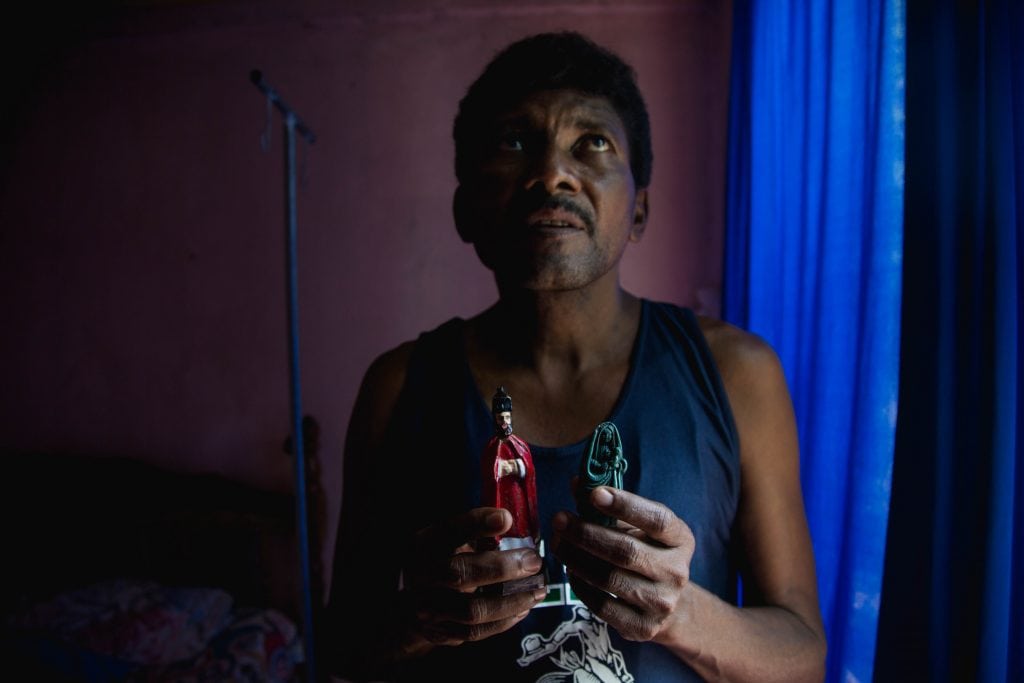
I have a disease they call kidney failure. It got worse now that I lost the implant and now i’m back to square one, waiting to see if a kidney arrives, that is of God wants to give me a kidney in order to get through this. I noticed the disease when I started to get thin, vomit and feel weak. I got cramps all over my body. The treatment is a 1.5-liter bag of saline solution and i use it every six hours. You have to stick in your stomach in order to clean out all the poison because its poison that is in the stomach and in your body. As long as the kidney doesn’t work, food and water is poison. That’s why I swell up sometimes. The taste in your mouth is horrible, awful. It tastes like silver in your mouth. - Enrique Quirós Quirós, kidney patient.


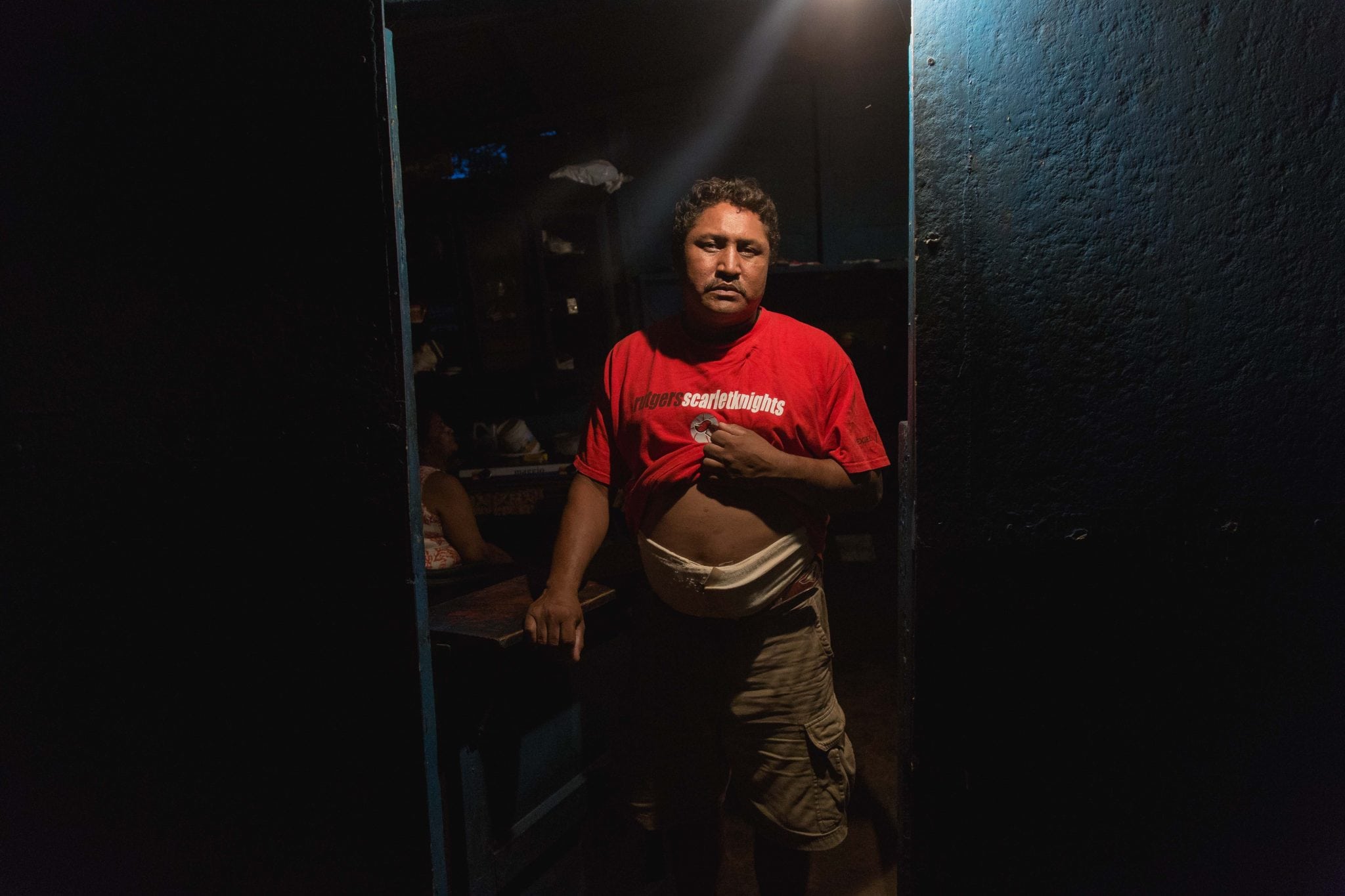
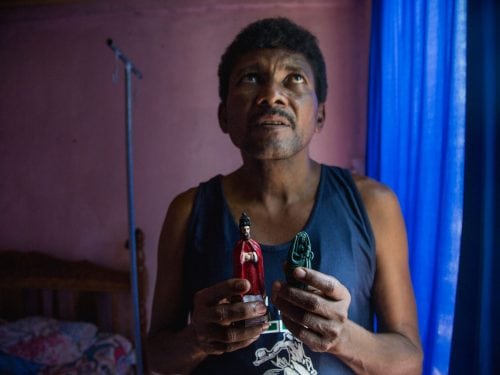
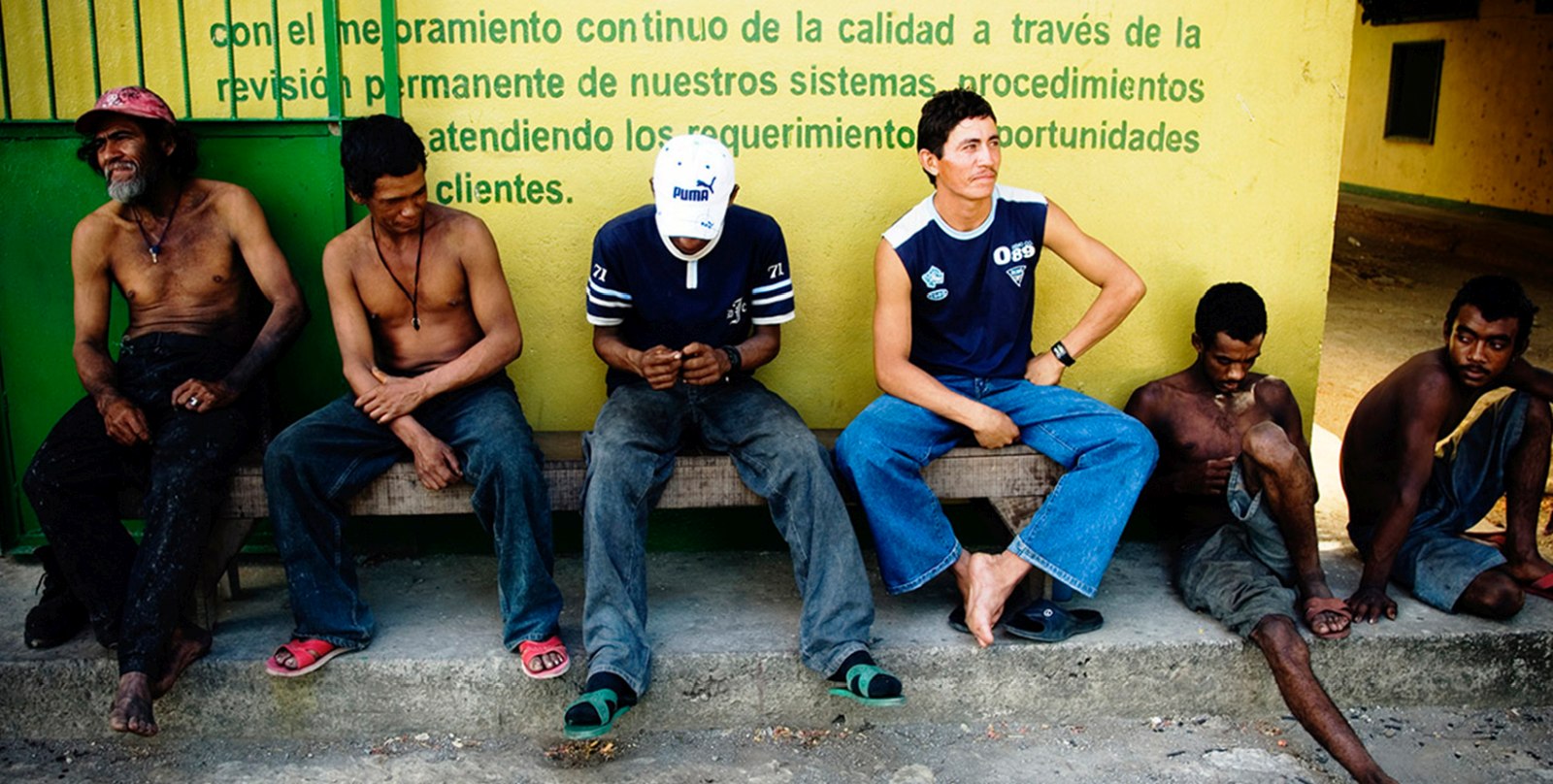

Comments